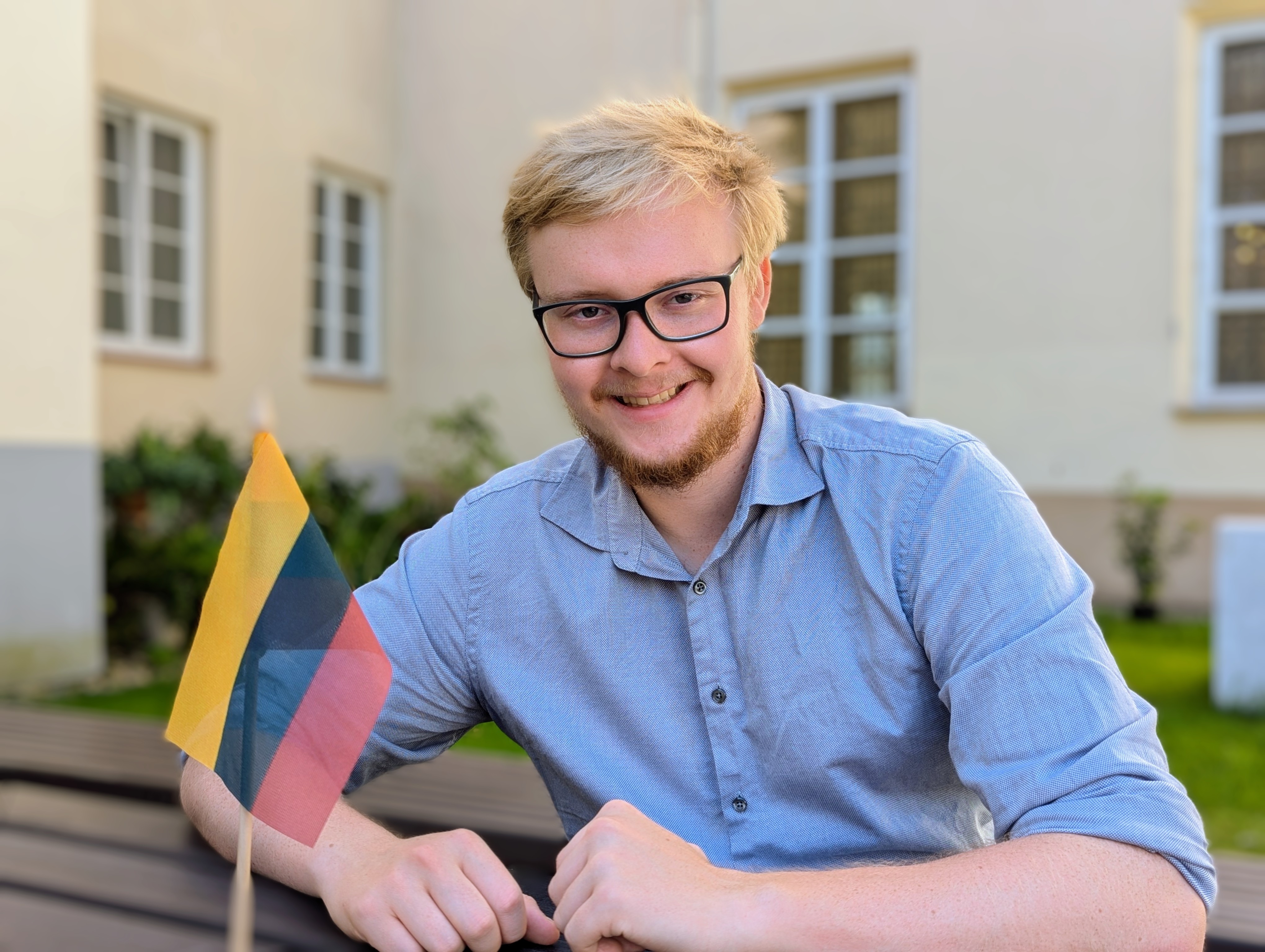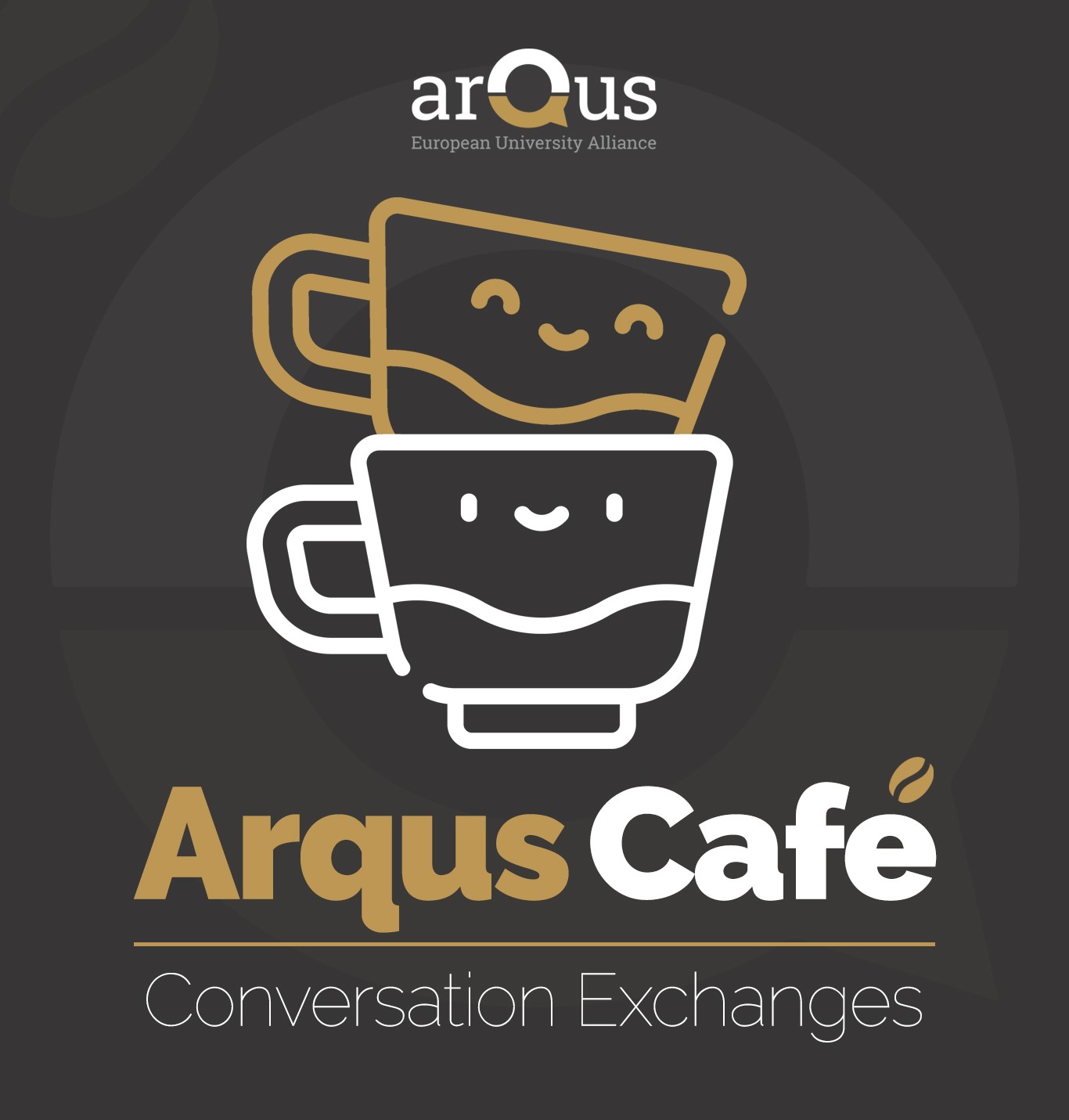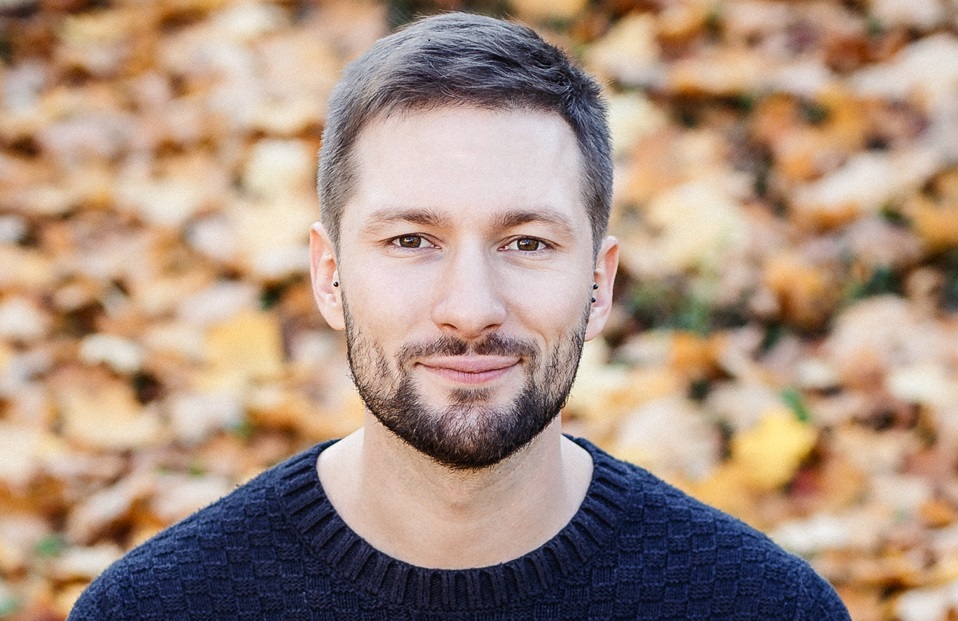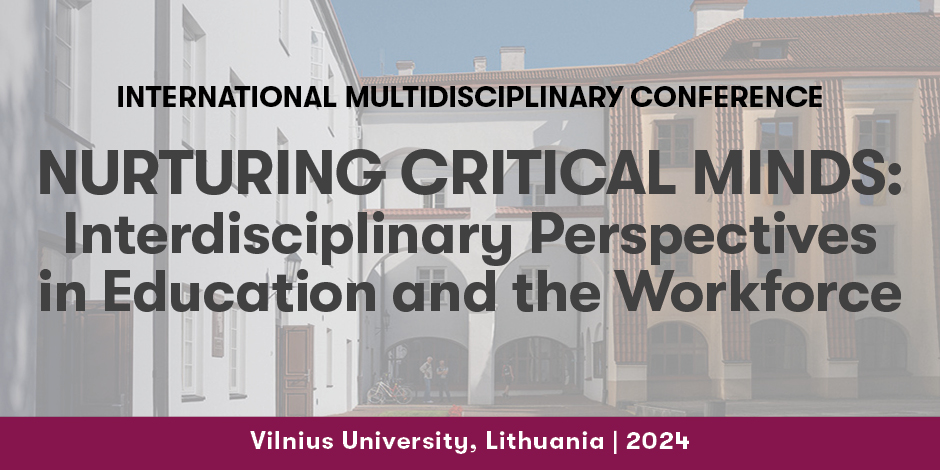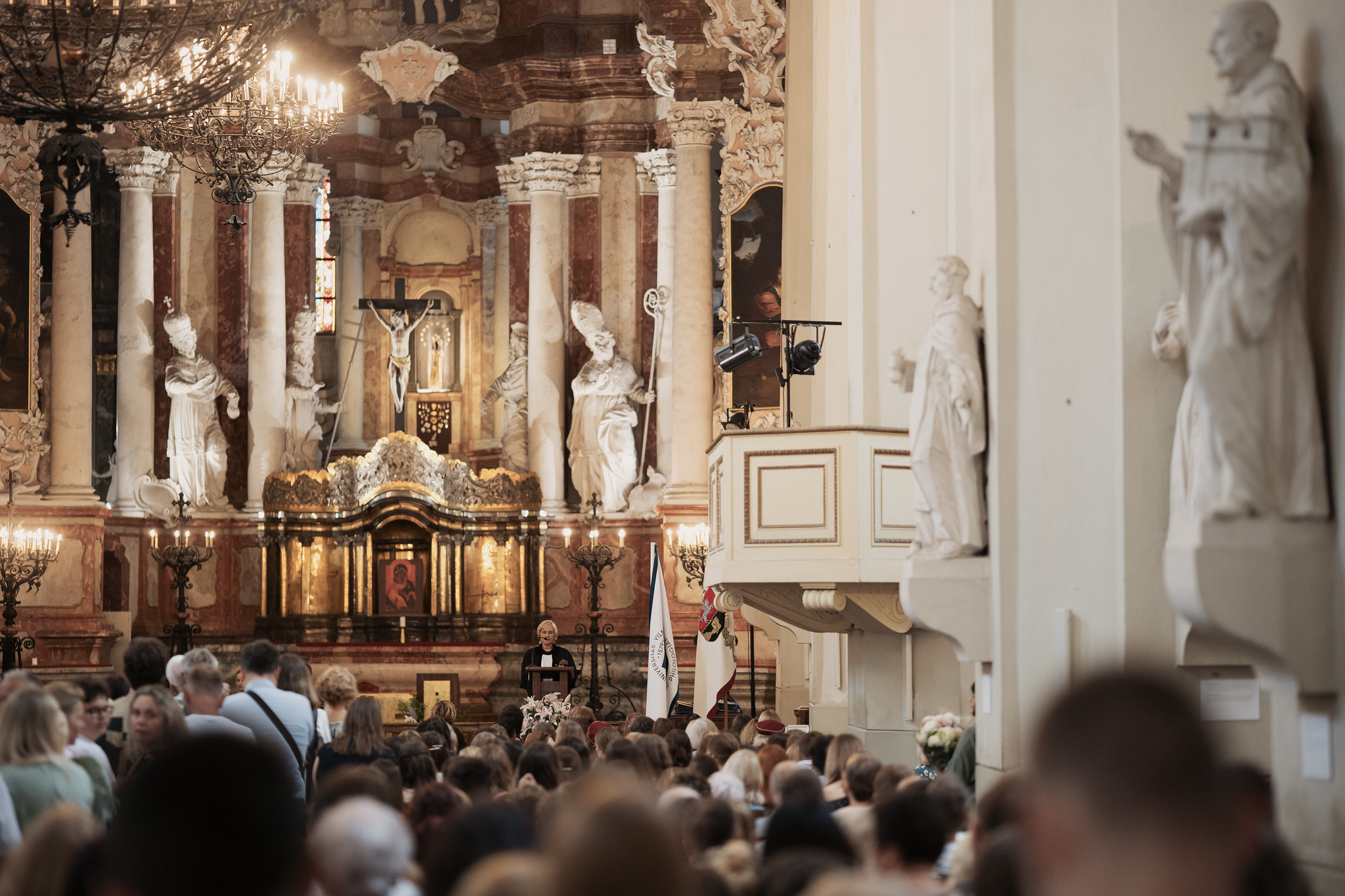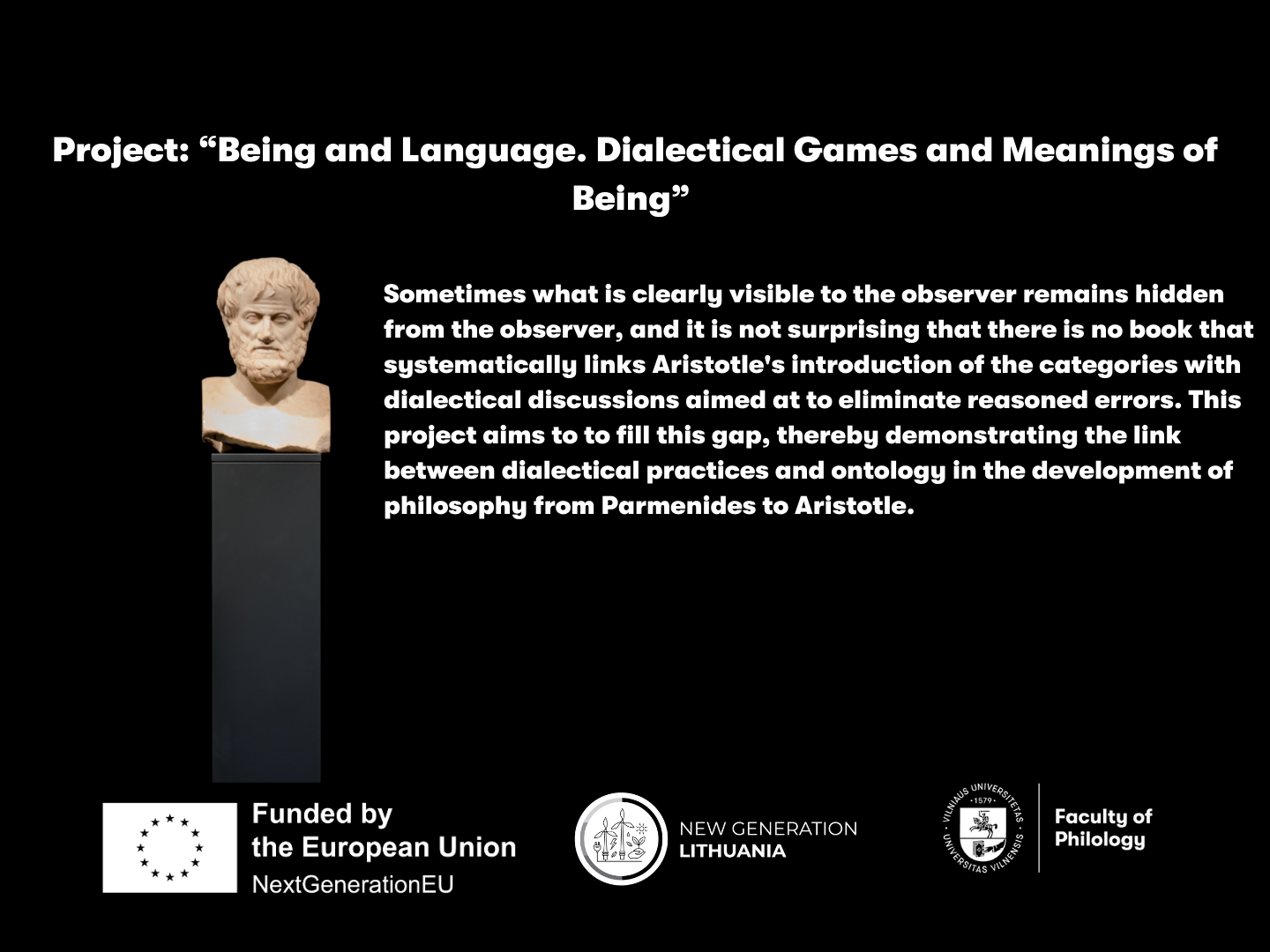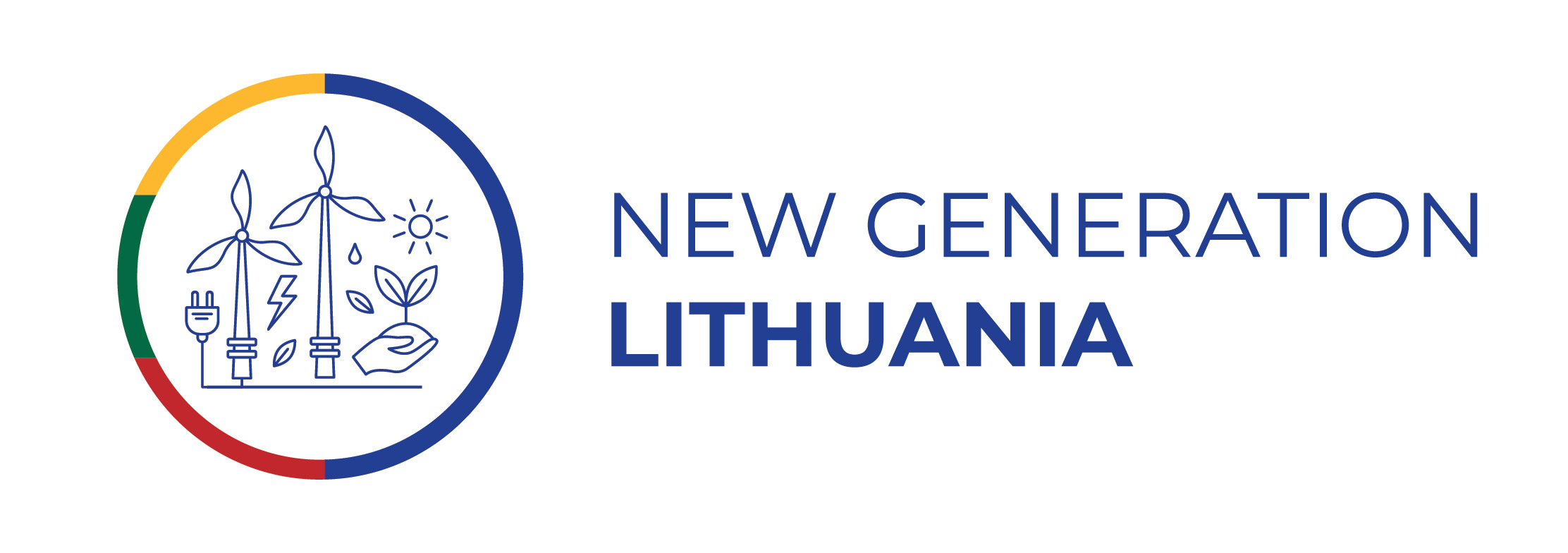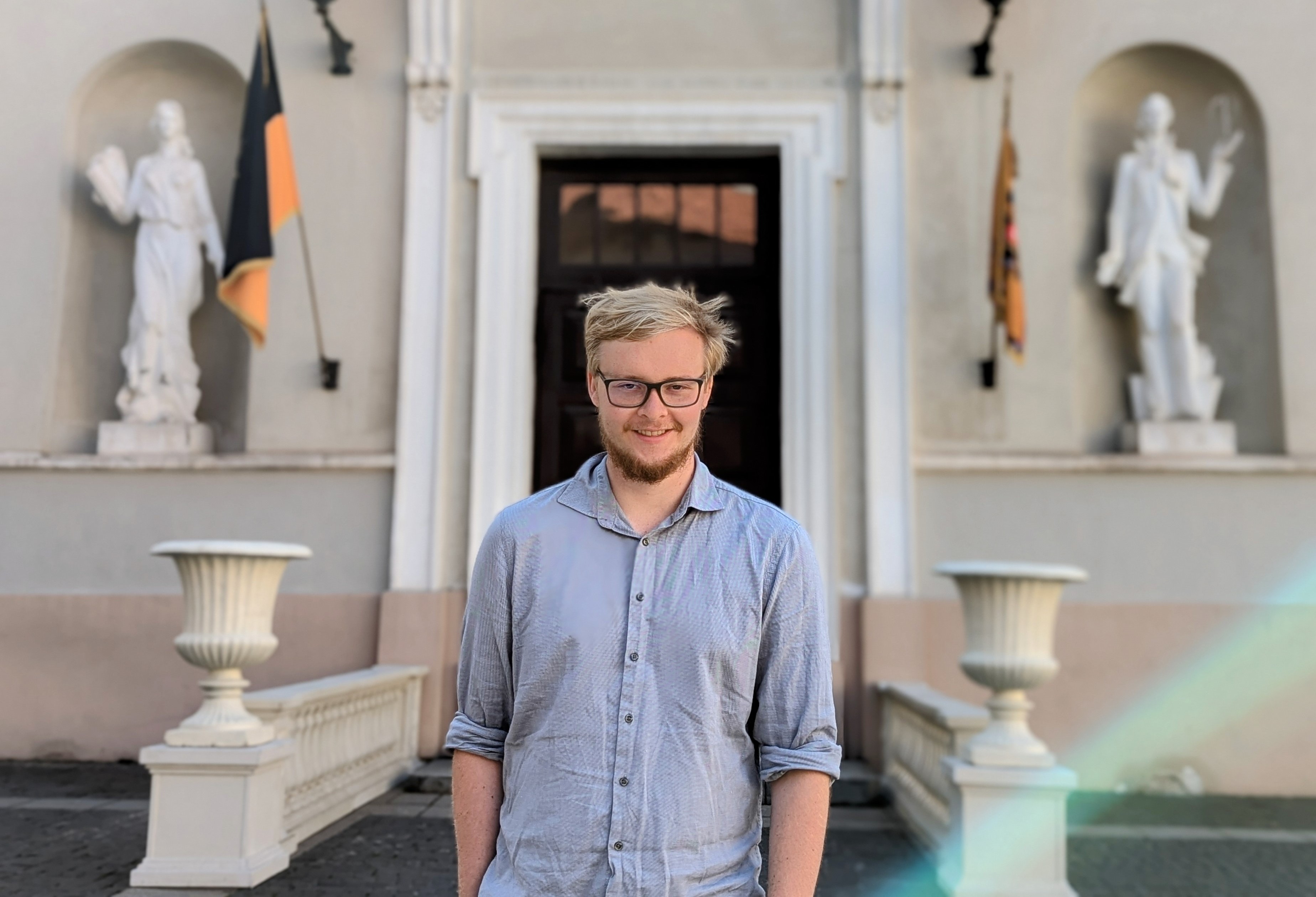
The most common question I get at this period of my life is "Why did you decide to study in Lithuania?" The simple answer I always give, which by now I know by heart in both English and Lithuanian, is that I always wanted to study in Europe, and when I visited a few countries after high school I liked Lithuania the most. But for the most part, I was throwing a dart while blindfolded. I knew a good bit about Lithuania's culture and history and found it interesting, but not extremely moreso than, say, Poland or Estonia. The university having a relatively early admissions deadline and offering what I wanted to study (linguistics, as a part of English philology) was the greatest contributing factor to my decision to study in Lithuania and VU specifically.
But for the effects of this decision on my life today, its initial spontaneity could not be less relevant. Lithuania has become a second home for me - as I say, Lietuva yra mano antrieji namai. The language, culture (including some specific activities such as grybavimas, hunting for mushrooms), and lifestyle of the people here have become part of who I am. I often say that I've grown up in Lithuania - I came here when I had just turned 19, and, four years later, almost everything I know about the "adult" world has a Lithuanian hue. Many people, friends and strangers alike, have called me an "honorary Lithuanian", a title which they all-the-more earnestly give me when they learn I have no Lithuanian roots whatsoever. At the very least, I agree with them that I have become somewhat assimilated into the Lithuanian culture and society.
Lithuania itself has provided me with ample opportunities to enrich both my own life and that of others. In December 2022, Marc Okrand, the inventor of the Klingon language from Star Trek, came to the university to give a talk to the philology department about the creation of this language. I found his talk fascinating, having put my linguistic learning at VU to use in making my own language, but more importantly it allowed me to meet with the US embassy's entourage accompanying him. Through this encounter, I have eagerly sought out volunteering in areas managed by the embassy, such as talking about American culture to curious students around Lithuania and hosting an "English speaking club" at the International Ukrainian School in Vilnius, who I'm currently working with the embassy to get funding for science equipment for. This volunteering has made me friends all over, namely in Biržai, which I've visited numerous times and is by now the "second city" for my life in Lithuania. I've also had the great experience of participating in the VU ambassador program (you could say I'm VU's "ambassador" to the US), and in the course of it I've helped a number of incoming American students know what life and studies are like here at VU, and how to prepare themselves.
But another important component in the additions to and mutations of my character over the past four years is my university experience. No one finishes university with the same experiences fundamental to who they are as when they started, and for me, studying in a new country, this was all the more so. I would say the most salient lesson that VU has given me is how to properly think. Intellectual thought is moreso conducting science than making art; a scientific method of analysis can, and must, be applied to any such thinking for it to be worthwhile. Consistently doing research, studying for myself, and putting my thoughts into writing in my university career has instilled in me a meticulous, open-minded way of thinking, which I use for everything from making life decisions to writing long texts for any purpose. This aspect of the intellectual culture at VU is, in my limited experience with other universities, fairly unique, and certainly one of the most valuable, practical learnings students will come away with.
Perhaps surprisingly after all I've said, my goal from here is to study international humanitarian law back in the US. Living in Lithuania and learning its history, as well as being so close to the war in Ukraine and its effects (particularly teaching students from cities that are now rubble) has ignited me with a motivation and passion to use the rigorous academic skills that VU has instilled in me to improve, and intensively and invariably apply the international legal frameworks that are supposed to defend human rights. I almost feel that it would be selfish of me to go into a different, easier field that I have less passion for and can't help people as directly with. Put simply, I want to dedicate my career to helping the most vulnerable people of our era, in a lasting and consistently-applicable way. As for my decision to return to the US, having a career there is the most likely trajectory my life will take, so it makes sense for me to study for part of my education there. But we'll see what the future holds; maybe Lithuania will become my pirmieji namai someday.
The best advice I can give VU students, current or future (and really to anyone) is to make the most of every opportunity that comes your way. Even in my own time here, there are definitely things that happened to me that I could have made something of, and allowed to slip past me. You will almost always regret inaction more than a failed attempt. Whether it's talking to an interesting person, getting an assignment done in the time best suited for doing so rather than rushing later, or visiting a new place, life is full of ways to improve the standing of our future selves. And, while a student, that is the most important principle to follow.
